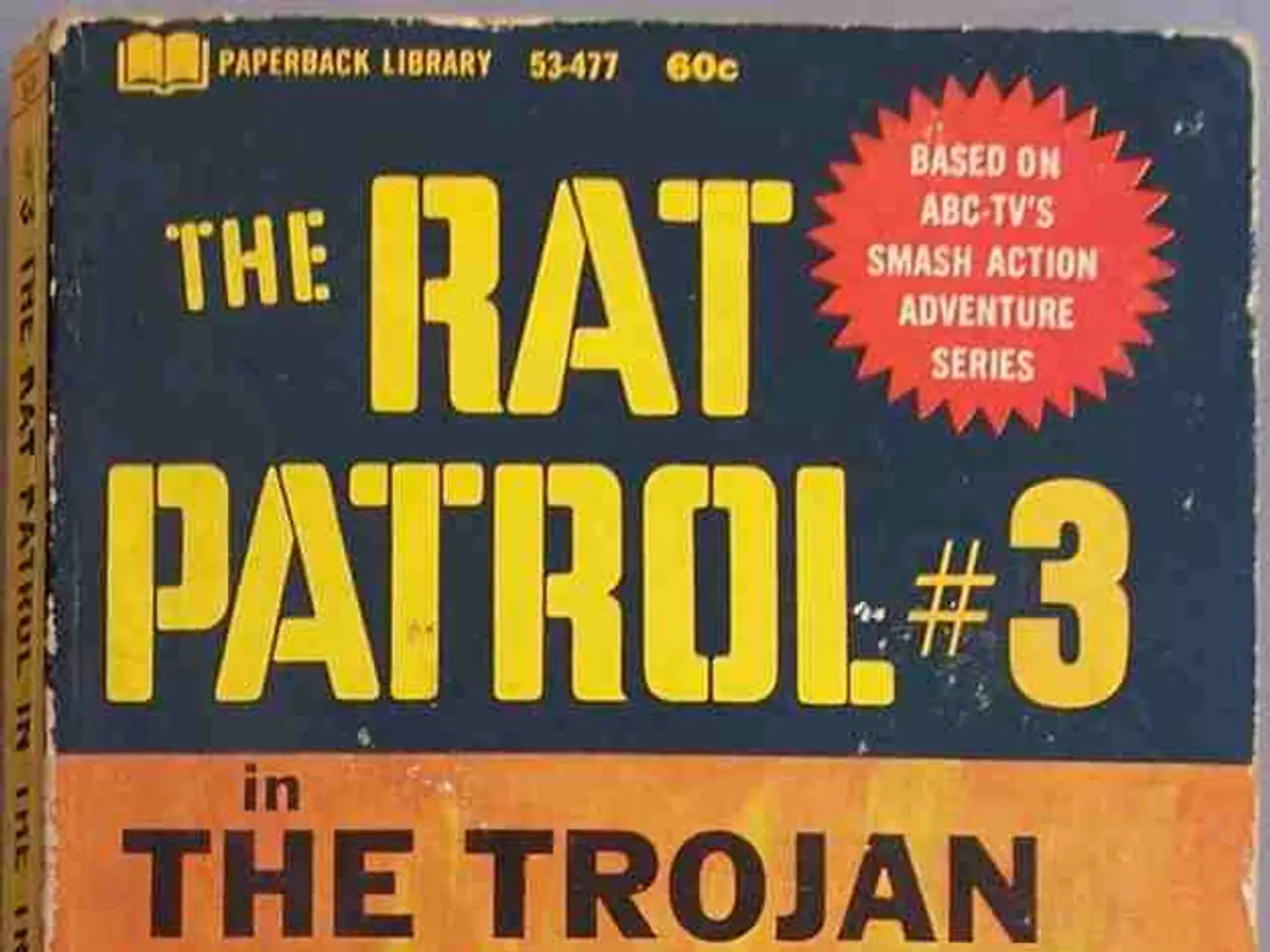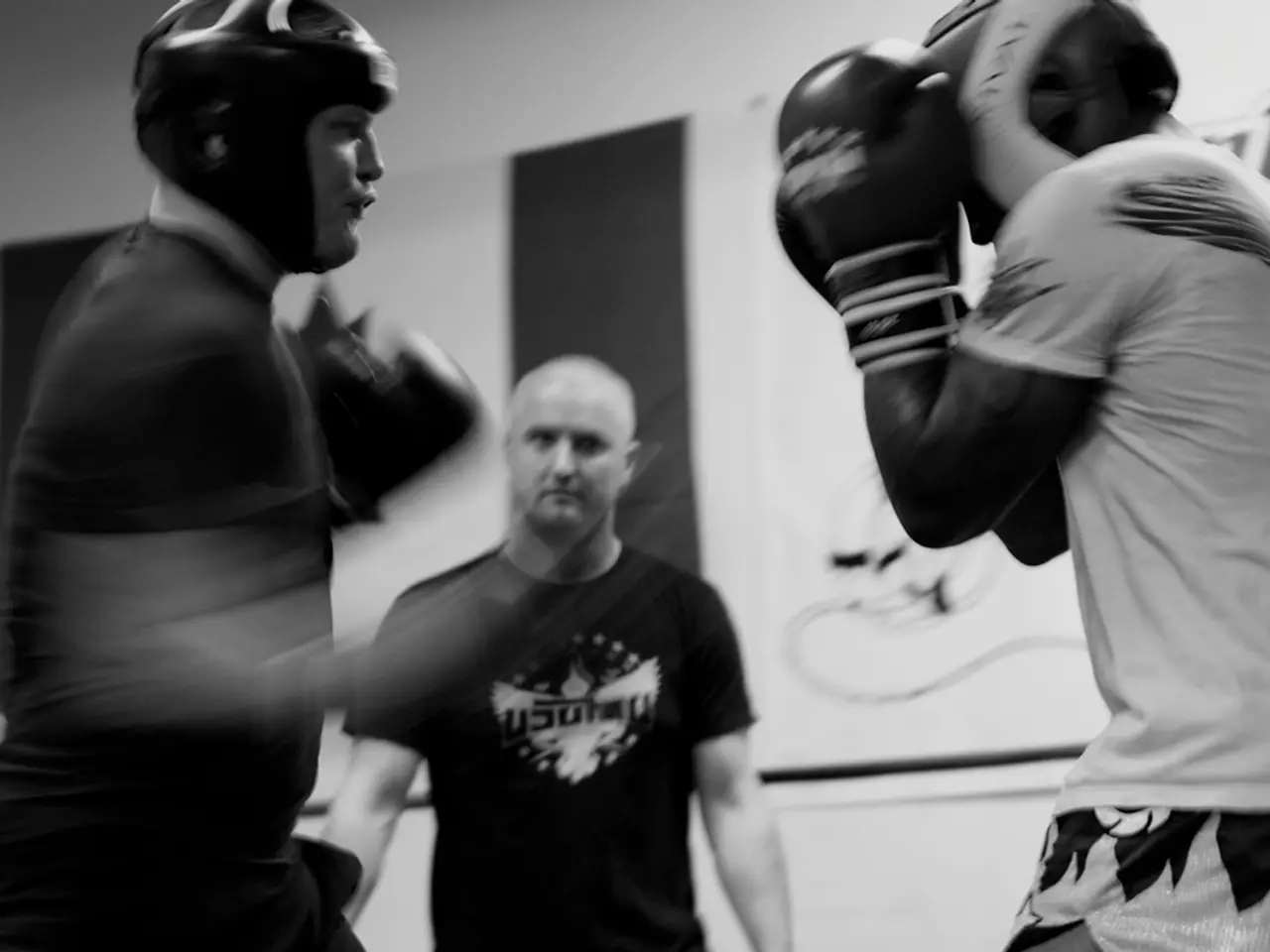Diane Abbott dismisses the suggestion that anti-Semitism is on par with racism towards black people, reigniting a dispute that led to her suspension within the Labour party.
In a series of events that have stirred controversy within the Labour Party, Diane Abbott, the longest-serving female MP in the Commons, has once again found herself at the centre of a racial row.
In 2023, Abbott caused a stir when she wrote a letter to _The Observer_, arguing that Jewish, Irish, and Traveller communities experience prejudice but not the same level of racism as black people throughout their lives. She compared their experiences to those of redheads facing prejudice, suggesting these groups are not subject to constant racism based on visible characteristics like skin colour [2][4].
Following her letter, Abbott faced significant backlash, including from within the Labour Party. Keir Starmer, the Labour leader, suspended her from the party's whip, a move that lasted until around the time of the 2024 election. During this period, Abbott expressed regret for her comments and apologised for any harm caused [1][2].
Recently, in an interview on BBC Radio 4's _Reflections_ program, Abbott reaffirmed her stance, stating it was "silly" to compare racism based on skin colour to other forms of racism. She maintained that there are differences because visible racial characteristics are immediately apparent, unlike religious or ethnic identities that might not be visible [1][3]. This stance has led to renewed criticism and resulted in her suspension from the Labour Party pending an investigation [3][5].
The latest developments have sparked debates and discussions on the nature and impact of different forms of racism. Abbott's comments contrast with the ongoing issues of racism and discrimination faced by various communities, including the Jewish community [6]. They may also impact the public perception of the Labour Party's stance on anti-Semitism.
Despite her apology and recent suspension, Abbott remains a prominent figure within the Labour Party. She won her tenth election to represent Hackney North and Stoke Newington, and her continued vocal criticism of the government and her role as Mother of the House keep her in the political spotlight [2][3]. However, her comments have strained her relationship with party leadership and raised questions about her future within the party [1][4].
The Labour Party spokesman reiterated that there is no place for anti-Semitism within the party, and they will assess Abbott's comments seriously [5]. The ongoing situation underscores the complexities and sensitivities surrounding race and discrimination, issues that the Labour Party, like many others, continue to grapple with.
- The ongoing debate about Diane Abbott's comments reveals a need for video content that explores the nuances of various forms of racism, including those faced by Traveller communities and the Jewish community, under the umbrella of general news.
- As the situation between Abbott and the Labour Party unfolds, news outlets may report on policy-and-legislation discussions aimed at preventing war-and-conflicts, a potential remedy for displacement due to migration, which could reduce instances of accidents and crimes during such journeys.
- Meanwhile, car-accidents and crime-and-justice incidents will likely remain in the general news, requiring ongoing coverage and discussions within politics and policy-making circles.
- In light of the racial row engulfing the Labour Party, keeping a close watch on fires of political unrest and dissension will be essential, as they have the potential to foster further conflict and uncertainty.
- As the Labour Party continues its internal investigation into Diane Abbott's recent comments, policy-makers may also address issues such as immigration and legislation aimed at fostering better understanding and promoting unity in the face of racism and discrimination.
- The Labour Party's handling of this issue, coupled with its stance on crime and justice, will undoubtedly play a significant role in shaping its public image and the policy choices made in the years to come.







